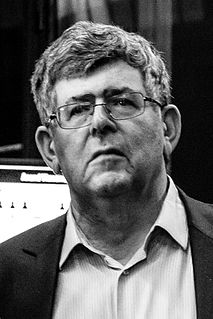Top 11 Quotes & Sayings by Mark Dvoretsky
Explore popular quotes and sayings by a Russian writer Mark Dvoretsky.
Last updated on December 21, 2024.
Often you will find the opposite situation. The author seems to have interesting ideas, but he is not able to illustrate them with decent examples. If a grandmaster is commenting on one of his own games, then there is usually not any problem: his general thoughts are closely tied up with what is happening on the board. But as soon as he starts writing an article or book on a different theme the difficulties begin, as he may not have suitable material to hand.






















